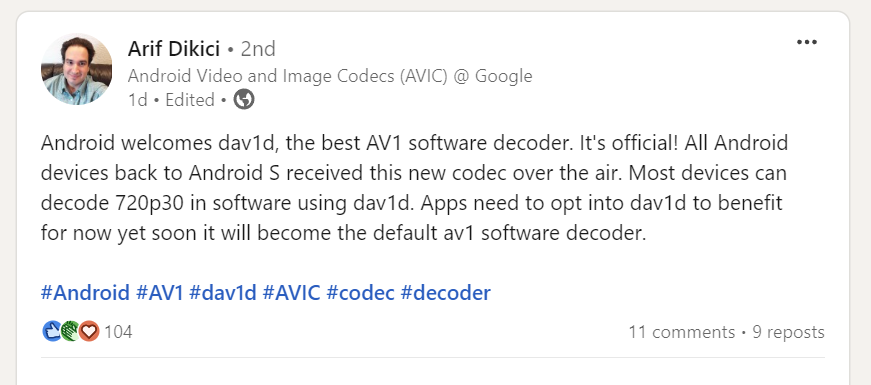
Savvy Punditry Isn’t Smart
For decades, policymakers and linguists were convinced that Black English (once called “Ebonics” and now sometimes known as African-American Vernacular English), was a formless, arbitrary form of slang incapable of expressing complex thought or intelligent reasoning. “It is said,” Labov tells us, “that [Black children] cannot speak complete sentences, do not know the names of common objects, cannot form concepts or convey logical thoughts.”
This was, of course, simply a statement of bias. Starting in the 1960s, linguists began to map the features of Black English and identified consistent structures, rules and grammar. They may have differed from those of Standard English, but they were just as capable of conveying information.
The problem, looking back, was not that Black English speakers were unintelligent. It’s that (mostly white) listeners could not separate the form of speech from its content. Take this interview with “Larry,” a 15-year-old Black kid interviewed by one of Labov’s colleagues.





















